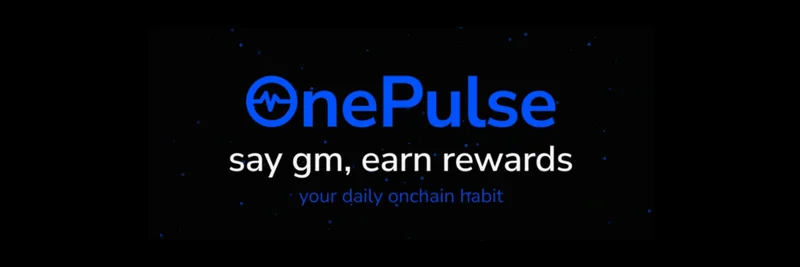In a significant move to bolster the security of its deployment on the Aptos blockchain, Aave, in collaboration with Cantina, has launched a $500,000 GHO bug bounty program. This initiative marks a crucial step in validating the security of Aave's Move-based deployment through extensive community engagement.
Understanding the Bug Bounty Program
A bug bounty program is essentially a crowdsourced approach to identifying vulnerabilities in software or systems. Companies offer rewards to ethical hackers or security researchers who discover and report bugs or security flaws. For Aave and Cantina, this program is not just about finding bugs but ensuring the robustness of their smart contracts on the Aptos blockchain.
The program specifically targets all Move modules within the Aave V3 Aptos repository, covering critical components such as access control lists (acl), configuration (config), core logic (logic), mathematical operations (math), oracle functions, peripheral functionalities, the main pool, rate mechanisms, and token management. Researchers are encouraged to delve into the core lending logic, interest models, rate curves, and overall execution behavior of these modules.
The Context: Aave's Expansion to Aptos
Aave's decision to expand beyond Ethereum Virtual Machine (EVM) compatible chains to Aptos is a strategic move. Aptos, known for its high throughput and advanced security features, operates on the Move programming language, originally developed by Meta. This expansion is Aave's first foray into a non-EVM blockchain, aiming to tap into Aptos' growing ecosystem and attract more developers and users.
The bug bounty program follows a rigorous multi-phase security process. It began with private reviews, progressed to a mainnet Capture The Flag (CTF) event with live capital, and now opens up to public submissions. This phased approach ensures that the system is thoroughly tested under various conditions, with previous phases proving the resilience of the contracts against targeted attacks.
Why This Matters
The launch of this bug bounty program is timely, especially after the conclusion of the $100,000 Aave × Cantina mainnet CTF on Aptos. This CTF, which involved live capital, tested the deployment's security in a real-world scenario. The success of this CTF underscores the importance of continuous security validation, which the bug bounty program aims to enhance.
For the blockchain community, this program is a call to action. It invites security researchers and enthusiasts to contribute to the ecosystem's safety, potentially earning significant rewards in the process. For Aave and Cantina, it's an opportunity to leverage the collective intelligence of the community to fortify their platform against potential threats.
How to Participate
Interested participants can join the hunt by visiting the official program page here. The program is designed to be inclusive, welcoming submissions from a broad range of expertise levels. Researchers are encouraged to provide detailed reports of any vulnerabilities they discover, as thoroughness can influence the reward amount.
Looking Ahead
As the blockchain space continues to evolve, initiatives like Aave and Cantina's bug bounty program highlight the industry's commitment to security and transparency. The upcoming recap of the Aave × Cantina Aptos mainnet CTF will provide further insights into the strategies and outcomes of this security endeavor, offering valuable lessons for the broader community.
Stay tuned for more updates on this exciting development in the world of decentralized finance (DeFi) and blockchain security.




